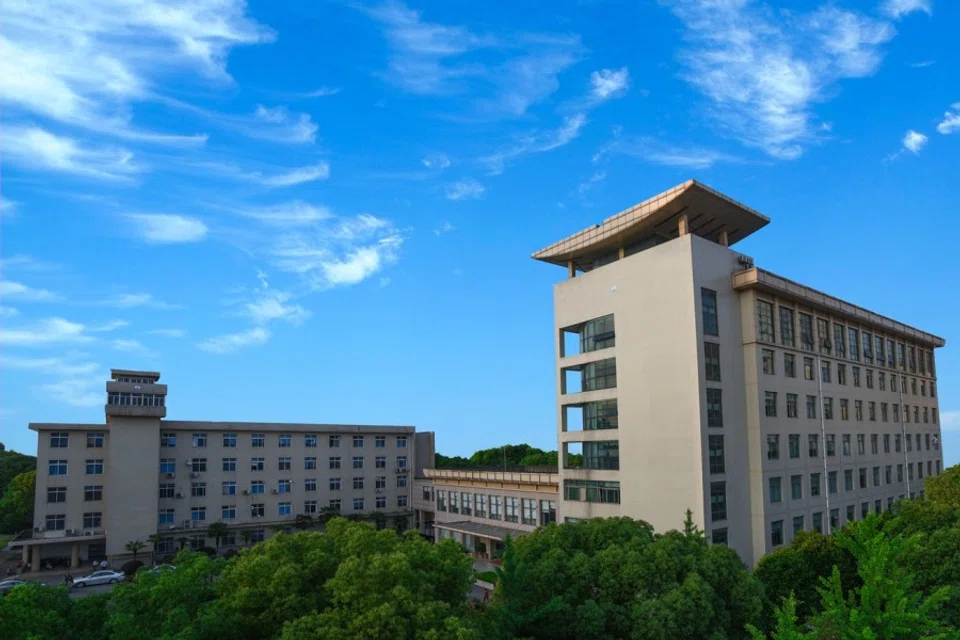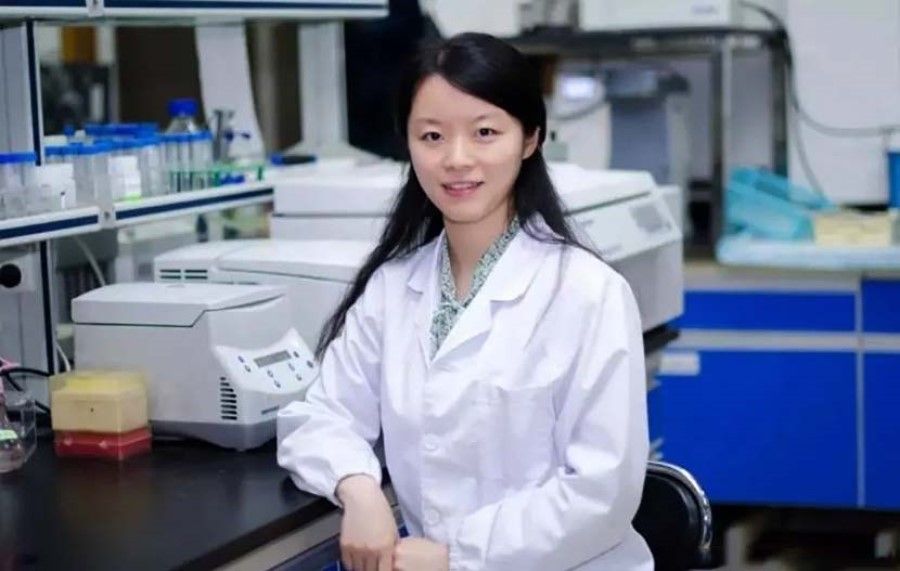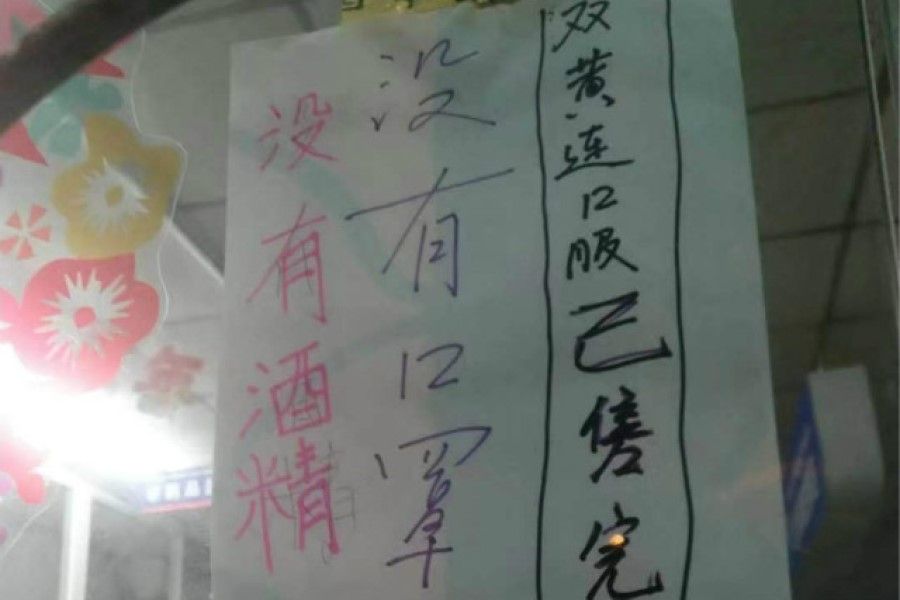Embroiled in controversies: Did Covid-19 come from the Wuhan Institute of Virology?

With still no answer as to the source of the Covid-19 coronavirus, China's frustrated internet community has turned detective.
News that Huang Yanling, a research fellow at the Wuhan Institute of Virology (WIV), was Patient Zero made its rounds on China's social media last Saturday. This fit with an earlier rumour that the virus was made and leaked by the WIV.
The next day, WIV and the company that Huang works in both refuted the rumours. The WIV released a statement saying that Huang had been working outside of the province since she graduated and had not returned since. It added that Huang was not infected and in good health. Two other WIV researchers also told The Beijing News that nobody at the institute was infected. The biology company in Sichuan where Huang works also clarified that Huang has been at work as usual with no symptoms.
But these statements have clearly not removed suspicions, with some netizens calling for Huang to come forward and show that she is healthy.
Then, on Monday, there was a social media post by someone claiming to be WIV researcher Chen Quanjiao, who reported the head of the institute, Wang Yanyi, as the culprit of the outbreak.

The post questioned Wang's professional abilities, claiming that she had "not an ounce of medical knowledge", and also said that Wang had a side job selling wild animals, and "often sold experimental animals from the institute to stalls at the Huanan Seafood Market". The Huanan market is considered the source of Covid-19.
The Weibo post was quickly refuted by the authorities. Weibo CEO Wang Gaofei clarified that the person claiming to be Chen was using a foreign IP address, and Chen herself issued a statement that someone else was posing as her.
But netizens became interested in Wang Yanyi. Born in the 1980s, Wang joined the WIV in 2012 and rose from a humble researcher to the top person at the institute in six years. Besides her routine CV, netizens even dug up that her husband is Chinese Academy of Sciences (CAS) member Shu Hongbing, leading them to question if Wang has been promoted on her own merit.
And because P4 labs can research diseases that have no treatment or vaccines, some call such labs "Frankenstein's labs".
WIV has repeatedly landed itself in controversy during this epidemic. So what kind of an institute is this?
Public information shows that the WIV under the CAS was established in 1956, specialising in virology research and technical innovations. It is China's first P4-Level Biosafety Laboratory, the highest-level classification of labs that study the deadliest viruses on earth.
After SARS in 2003, China decided to start building P4-level labs, but the WIV's P4 labs were only officially unveiled in 2015. There are currently only two such labs in China, the other being a research laboratory for animal disease control in Harbin. And because P4 labs can research diseases that have no treatment or vaccines, some call such labs "Frankenstein's labs".
This unique qualification of the WIV means that suspicions of it leaking the virus can sound reasonable. However, analysts have pointed out that if Covid-19 was man-made, the WIV would be familiar with it, but from the messy way Hubei has handled the epidemic, it is not apparent that there is any familiarity with the virus. (See note.)
Besides, China is paying an incalculable price for the virus, which has also seriously impacted many other countries. If the virus was leaked, such a secret would be exposed eventually. Also, the world's technological powers would definitely start investigations and find some clues.
While it is unlikely that the virus was created and leaked by the WIV, are there other problems with the institute? For example, are there lapses in management, and is the promotion of personnel in line with regulations? These suspicions are not without reason, and doubts will prompt the authorities to monitor the situation.

More importantly, as one of China's most authoritative virology institutes, and being located in Wuhan, the centre of the epidemic, is the WIV doing what it is supposed to? Why did it not respond promptly before the epidemic spread? In fact, the institute was already involved in negative controversy twice before. First, the day after the authorities confirmed the virus can be spread between humans, it rushed to secure a usage patent for the US drug Remdesivir. Subsequently, it made a joint statement with the Shanghai Institute of Materia Medica that Shuang Huang Lian (双黄连), a Chinese herbal remedy, could help to control the epidemic, sparking a public rush to purchase it.
The controversy surrounding the WIV is fierce and brewing, and it is possible that persons of influence are working in the background to garner attention. But these seemingly baseless speculations are finding an audience in China, simply because many truths about the epidemic have not been revealed. Hopefully, the questions will be cleared up soon, so that people will not have to spend time and effort on playing detective.
Note: Major international news outlets have put forward the idea that the virus was developed as part of China's biowarfare programme. However, while much remains unknown about Covid-19, experts generally say it is unlikely to be man-made. Scientists say that it is contagious but appears to mostly affect the elderly with chronic health issues, reducing its effectiveness as a bioweapon. Richard Ebright, a professor of chemical biology at Rutgers University, and Vipin Narang, an associate professor at the Massachusetts Institute of Technology, are among those who have been quoted as refuting this theory.
